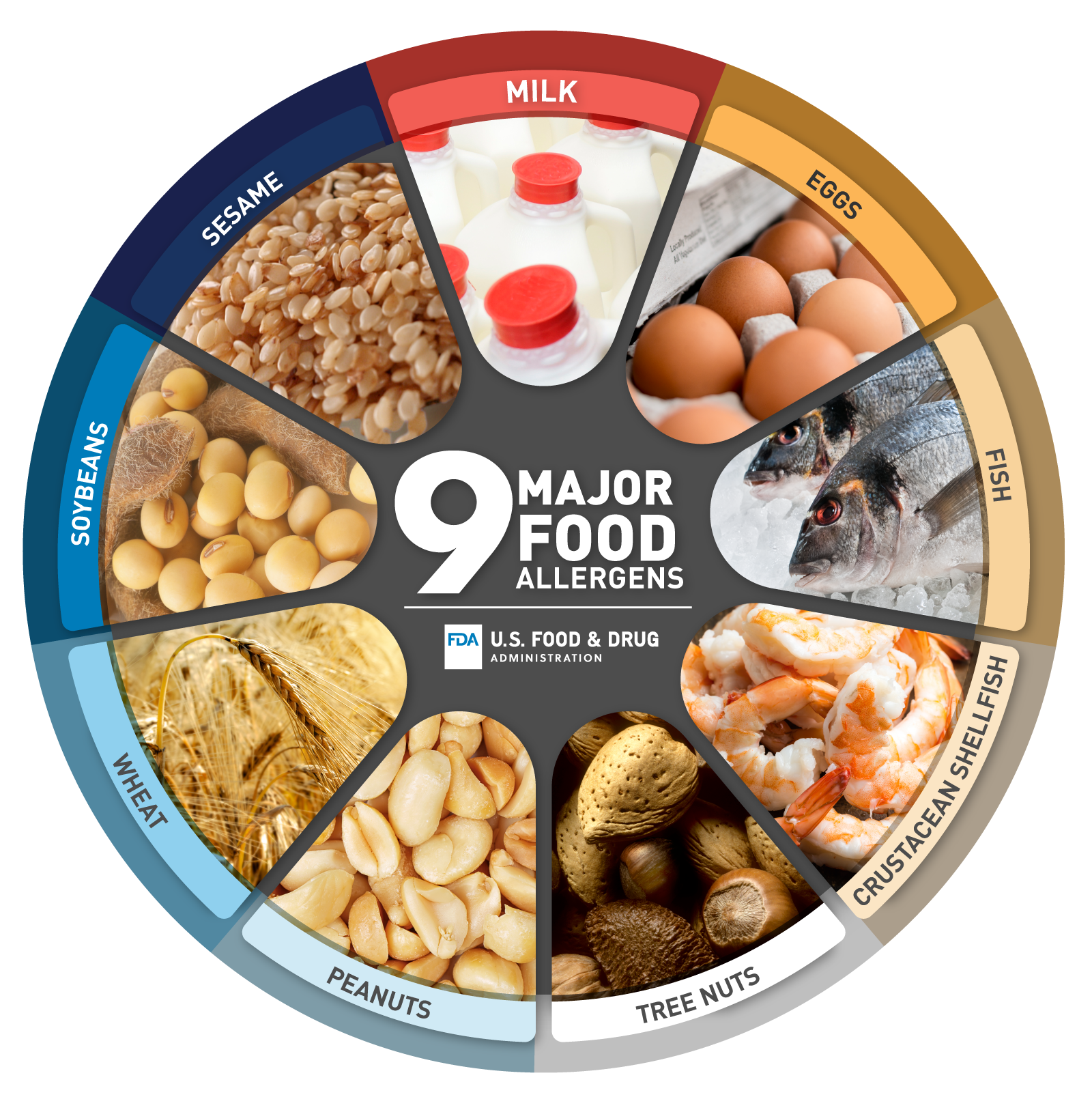As parents, we always want the best for the health and well-being of our children. One area that has gained a lot of attention in recent years is the introduction of allergenic foods into a baby's diet. While it may seem counterintuitive, early introduction of allergenic foods can actually help reduce the risk of allergies in the long run.
What are allergenic foods?
Allergenic foods are those that can cause an allergic reaction in some people. Common allergenic foods include peanuts, sesame, tree nuts, eggs, milk, soy, wheat, fish, and shellfish. It is estimated that up to 8% of children have a food allergy, with peanut and tree nut allergies being the most common.

Why is early introduction important?
For many years, parents were advised to delay introducing allergenic foods to their babies in an effort to prevent food allergies. However, recent studies have shown that early introduction is beneficial in reducing the risk of developing allergies.
The Australasian Society of Clinical Immunology and Allergy (ASCIA) and American Academy of Paediatrics now recommends introducing allergenic foods to babies as early as 4-6 months of age. This recommendation is based on evidence from research that introducing allergenic foods early helps reduce the risk of developing food allergies.
Studies have shown that the immune system of babies is more receptive to new foods during the first year of life. Delaying the introduction of allergenic foods can cause the immune system to become more sensitive to these foods, which can increase the risk of developing an allergy.
By introducing allergenic foods early and often, the immune system has a chance to become familiar with these foods and build up a tolerance to them. This can help reduce the risk of developing an allergy in the future.
How to introduce allergenic foods
When introducing allergenic foods to your baby, it is important to do so in a safe and controlled manner. Start by introducing one new food at a time and wait a few hours before introducing another new food. This will help you identify any potential allergic reactions.
It is also important to talk to your paediatrician before introducing allergenic foods if your baby has eczema or a family history of food allergies. Your doctor may recommend additional precautions or testing before introducing allergenic foods.
Conclusion
While it may seem counterintuitive, early introduction of allergenic foods can actually help reduce the risk of developing food allergies in the long run. By introducing these foods early and often, the immune system has a chance to become familiar with them and build up a tolerance. If you have concerns about introducing allergenic foods to your baby, talk to your paediatrician to develop a plan that works best for your family.

